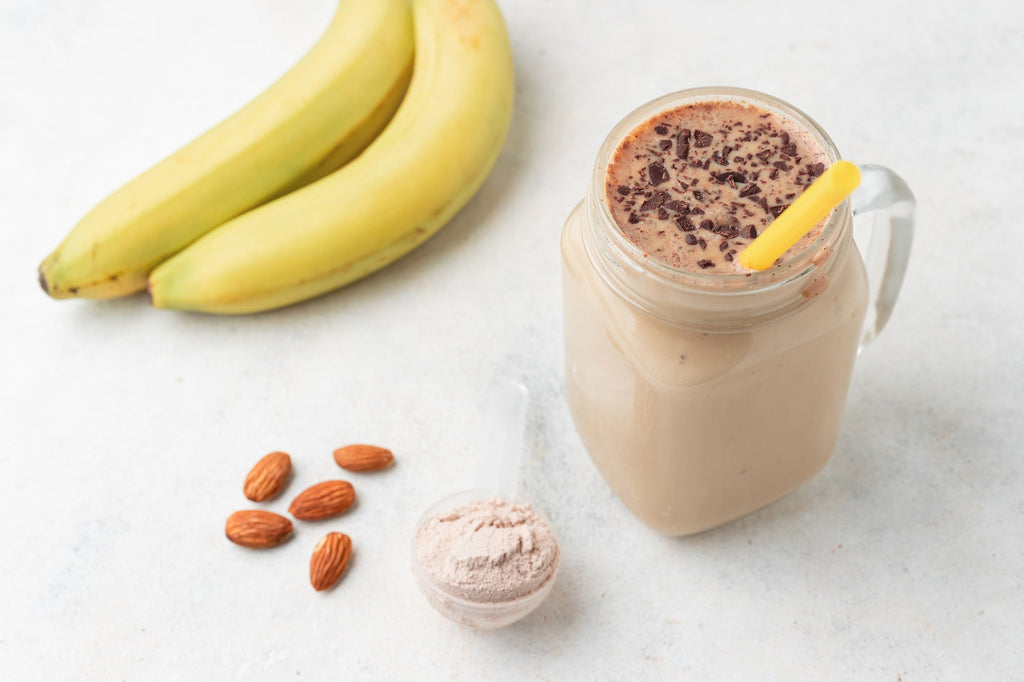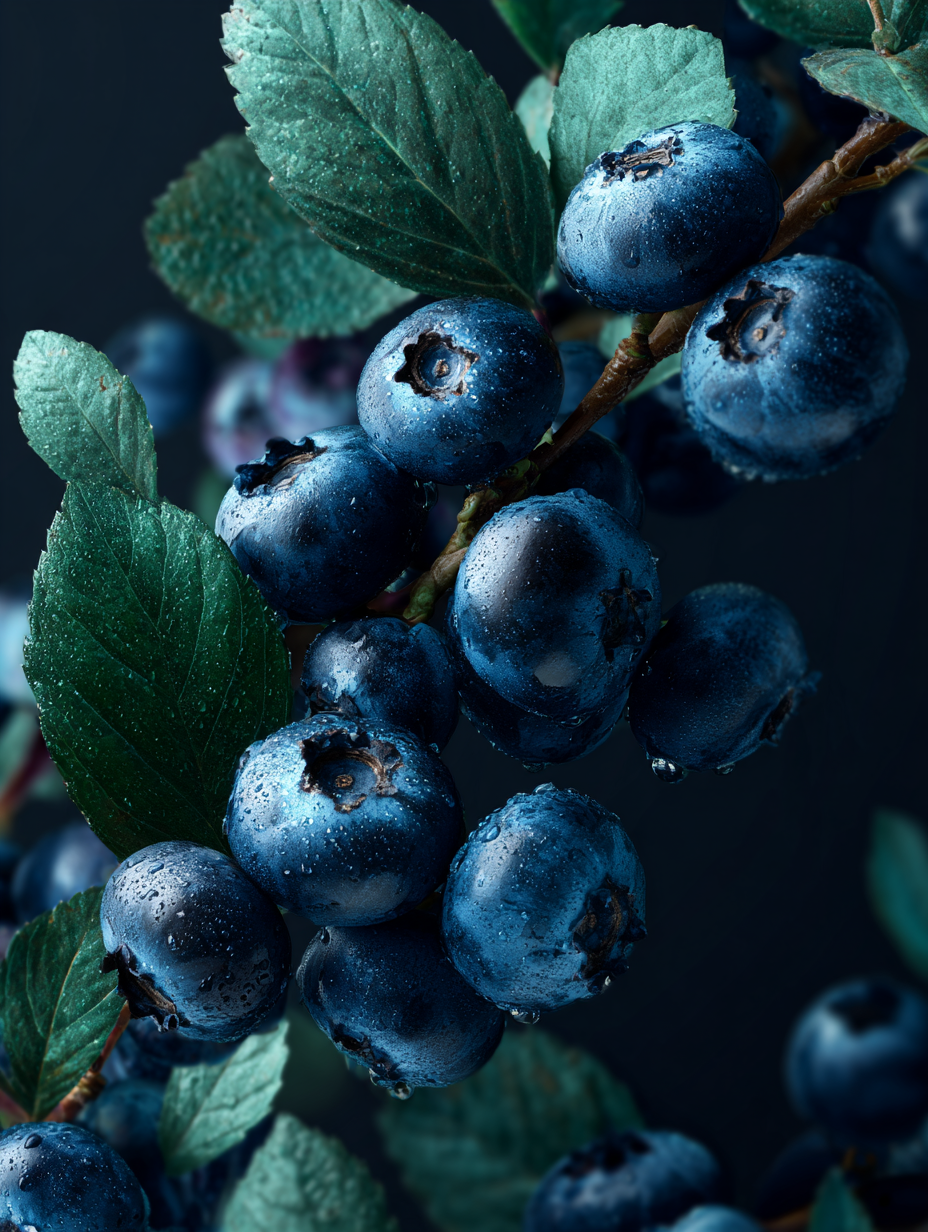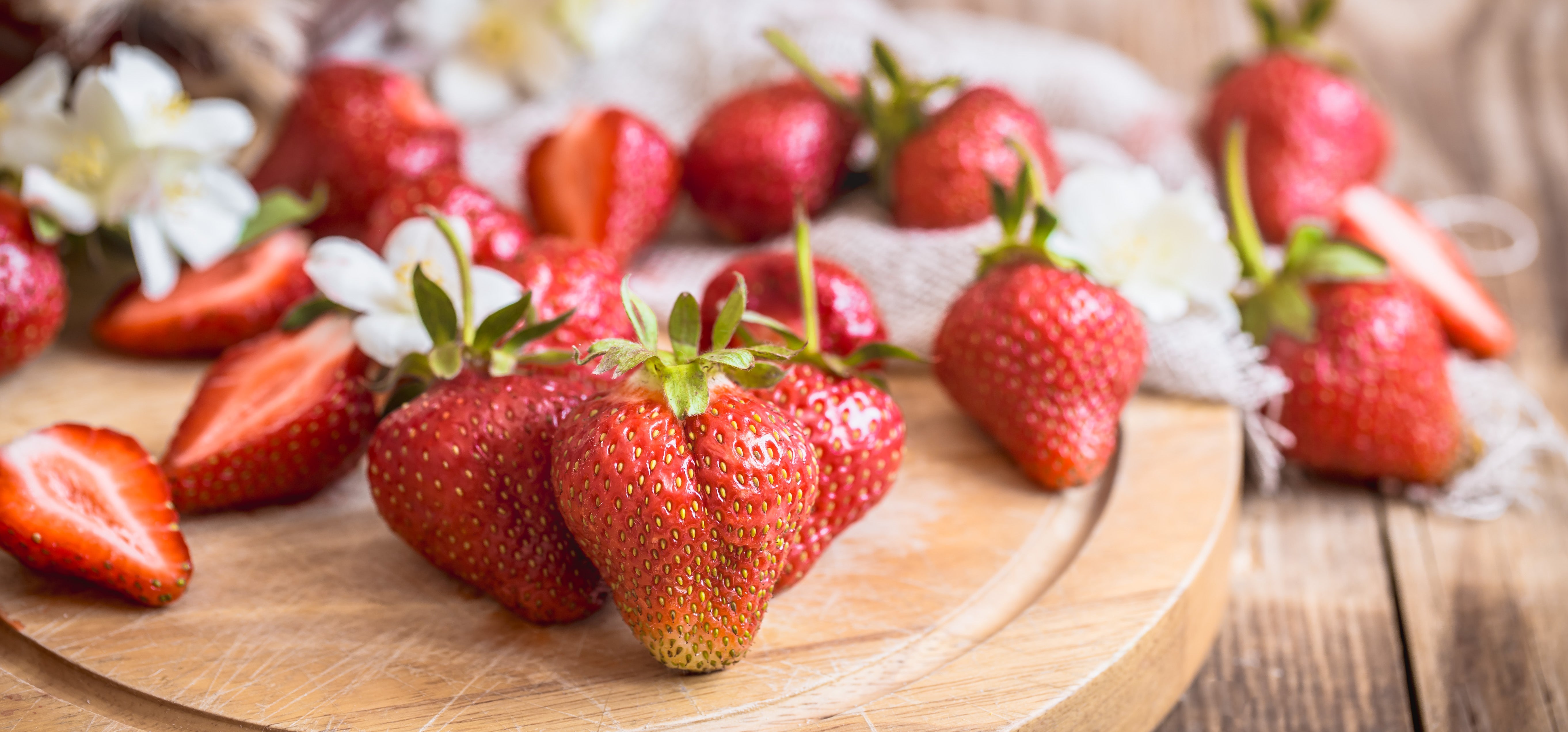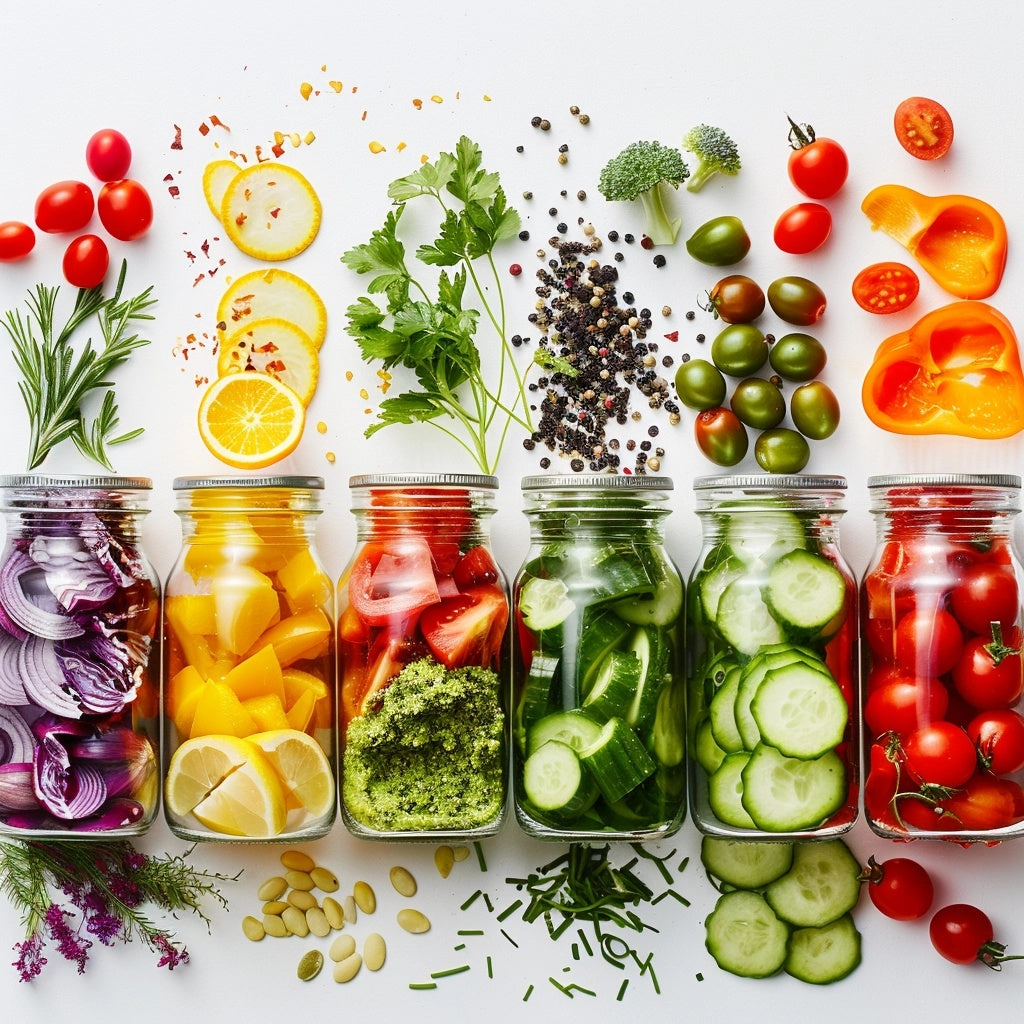Your Cart is Empty
The Ultimate Guide to Blueberries: Health Benefits and Fun Facts
Blueberries are more than just a delicious superfood. Packed with essential nutrients, ...
READ MORE
Whether you’ve been going to the gym religiously for years or you’re just starting out, no one looks forward to the pain and soreness that usually comes with exercise. For this reason, there have been countless products created to try and improve recovery time, which allows you to get back in the gym quicker.
But what actually makes muscles recover faster and how can you decrease the amount of time it takes to recover?
Well, for starters, muscle soreness occurs because the muscle and connective tissue around it get damaged during exercise. This damage is known as “micro-tears”, and once they occur the body sends nutrient-filled blood to the area to begin healing.
However, this damage is needed for muscle growth, as muscle is built back stronger during this repair process. So, the real question is how to optimize your body’s ability to reduce post-workout inflammation and quickly repair damaged tissues?
Now that we understand the basics of muscle recovery, let’s take a look at eleven healing ingredients that support the recovery process and should be in every post-gym protein shake.
Hemp contains high levels of omega-3, which is well known for its anti-inflammatory properties and may also reduce soreness and boost repair of muscles after exercise. Hemp seeds contain all of the known essential amino acids including all of the BCAAs.
Hemp also contains large amounts of the amino acid glutamine, which plays a key role in aiding the recovery process. Glutamine is not an essential amino acid because it can be synthesized by the body, but it plays a critical role in recovery and can become depleted after periods of training.
Hemp also contains and is the only known source of edestin, a legumin protein. Legumins are often referred to as “plant casein” because of the numerous chemical similarities between the two. This type of protein is similar to the structure of human blood plasma, making it one of the most digestible food sources in the world (91-98% digestible).
The other type of protein found in hemp is albumin which is another high quality protein also found in egg whites. Globulins and albumins are classified as globular proteins and are involved in almost all of the body’s processes. This highly digestible protein is a great way to decrease your recovery time and increase muscle mass.
When we exercise, we lose electrolytes through our sweat, which is why many of the most popular sports drinks focus their marketing on replenishing electrolytes.
The main electrolytes in the body are sodium, potassium, chloride, calcium, magnesium, bicarbonate and phosphate.
If you do not replace these nutrients during or after your workout, you are more likely to experience stiffness, muscle cramping and fatigue and hydrating with water alone does not replace these nutrients.
Coconut water contains more electrolytes per serving than almost any sports drink and also helps to replenish muscle glycogen that gets used up during exercise.
Moringa contains several nutrients known to help the body recover after exercise. It contains powerful anti-inflammatory properties owing to its high concentration of isocyanates, biophenols and essential amino acids that reduce inflammation and assist in muscle recovery after exercise.
Moringa has been shown to improve blood hemoglobin and glycogen reserves during physical activity and reduce triglycerides, urea and lactic acid. This demonstrates that it has potent anti-fatigue properties that boost the body’s energy reserves and reduce tissue build-up during vigorous physical exertion.
One of the nutrients moringa has become known for is a highly bioavailable form of iron which helps the blood deliver more oxygen to the muscles, aiding in faster recovery. Moringa is also rich in electrolytes like potassium which is important for increasing muscular energy and assisting in protein synthesis.
Chlorella contains a unique element that you can’t find anywhere else - chlorella growth factor (CGF). This nucleotide-peptide complex of nucleic acids is what allows chlorella to multiply at such an astounding rate (quadrupling in size every 24 hours).
When ingested, CGF has been shown to help cellular repair and support muscle recovery. Chlorella is rich in B vitamins that aid in recovery and are responsible for glycolysis and energy production.
Chlorella is also rich in protein and contains all of the essential amino acids including all of the BCAAs.
A recent study showed that chaga increased exercise resilience and decreased fatigue markers such as lactic acid, which delayed the onset of physical fatigue. Chaga is also known to decrease blood urea nitrogen levels, which can contribute to fatigue.
Exercise can create a lot of free radicals (oxidative stress) in the body and chaga mushroom can help to combat this. Chaga is also the most antioxidant-rich food on the planet and helps to stimulate the most powerful antioxidant in the body, Superoxide Dismutase, which protects against oxidative stress.
Chaga is also rich in Beta-glucans which help to modulate the immune system and ensure we are able to fight off any coughs, colds and infections.
Heavy training can affect our immune system function, leaving us run down and susceptible to infections, but chaga can help us to fight inflammation and ensure our immune system is working correctly.
According to a systematic review on rhodiola research, it has the potential to reduce oxidative stress, muscle pain and injury, improve skeletal muscle damage and muscle recovery during training, as well as improve athletic explosive power.
Another recent study presented evidence that rhodiola mimics exercise for those with muscle dysfunction and could be used as a long-term exercise substitute. Meaning that rhodiola appears to be able to stimulate muscle recovery even without exercise.
Although it is unclear exactly how this is possible, some believe it may be due to rhodiola’s ability to enhance mitochondrial function.
Cacao contains numerous antioxidants that contribute to a speedy recovery as well as a nutrient called epicatechin, which is thought to help widen blood vessels and increase blood flow, an important aspect of health and recovery.
Cacao also has a high magnesium content, which improves muscle recovery. It relaxes muscles to prevent any cramping or spasming, as well as replenishing red blood cells which provide oxygen to the rest of the body.
Sea buckthorn berry is a very effective anti-inflammatory agent which has been shown to reduce swelling and muscle fatigue.
It also contains an enormous amount of vitamin C and some of nature’s strongest antioxidants, including superoxide dismutase as well as numerous flavonoids. Combining these antioxidants with omega-3 can boost muscle support for more comfort and better long term results.
Himalayan Pink Salt Reduces muscle cramps by improving mineralization and hydration.
One of the many minerals found in pink Himalayan salt is magnesium, which works powerfully in your body to reduce muscle soreness.
It also maintains electrolyte balance in the body, relieves muscle cramps and keeps the body hydrated.
Cinnamon is well known for its powerful anti-inflammatory action but can also be used to reduce oxidative stress and ease muscle soreness after exercise.
Monk fruit extract can reduce muscle soreness due to its high concentration of antioxidant and anti-inflammatory compounds.
Superfoods high in antioxidants, protein, and essential amino acids can enhance post-workout muscle recovery and reduce inflammation. Muscle recovery is crucial after exercise to repair micro-tears in muscle tissue and builds back stronger.
Antioxidants aid in reducing inflammation and replenishing depleted nutrients, while protein and essential amino acids, including Branched-Chain Amino Acids (BCAAs), are crucial for repairing damaged tissues.
Hemp contains omega-3s, glutamine, edestin, and albumin, that all help in the recovery process. Powerful foods such as cacao, rhodiola, moringa, chaga, hemp, coconut, chlorella, monk fruit, cinnamon, and sea buckthorn berry all contain the essential compounds that aid in muscle recovery and the reduction of inflammation.
Incorporating these superfoods into your post-workout regimen can boost muscle recovery and improve overall health.
Clickhere to try Nutrigazm before it’s gone!
Nutrigazm - Whole Body Health - 100% Whole Foods

Blueberries are more than just a delicious superfood. Packed with essential nutrients, ...
READ MORE
Strawberries are more than a sweet snack—they’re a low-sugar, antioxidant-packed superf...
READ MORE
In our modern, globalized world, the average person has access to an unprecedented vari...
READ MORE